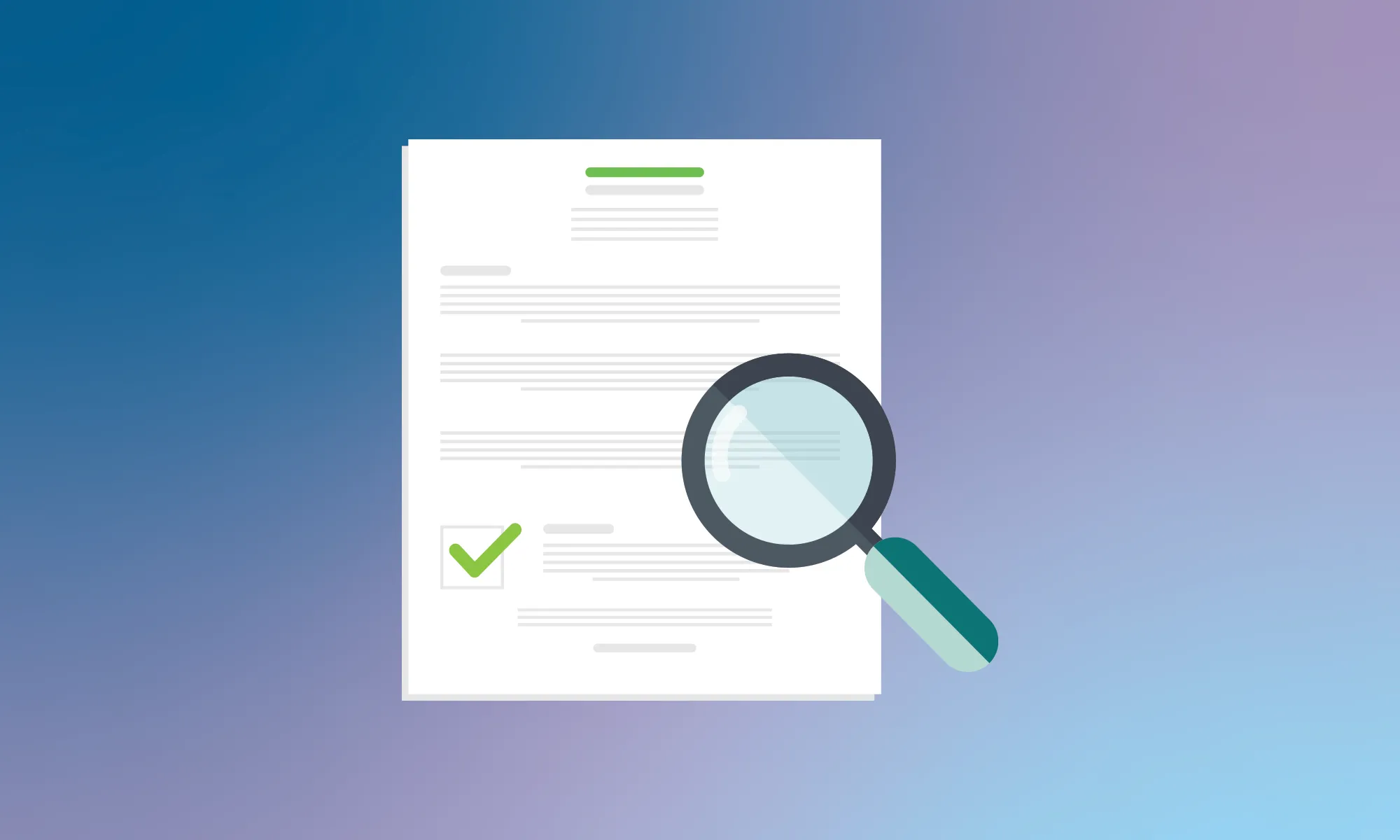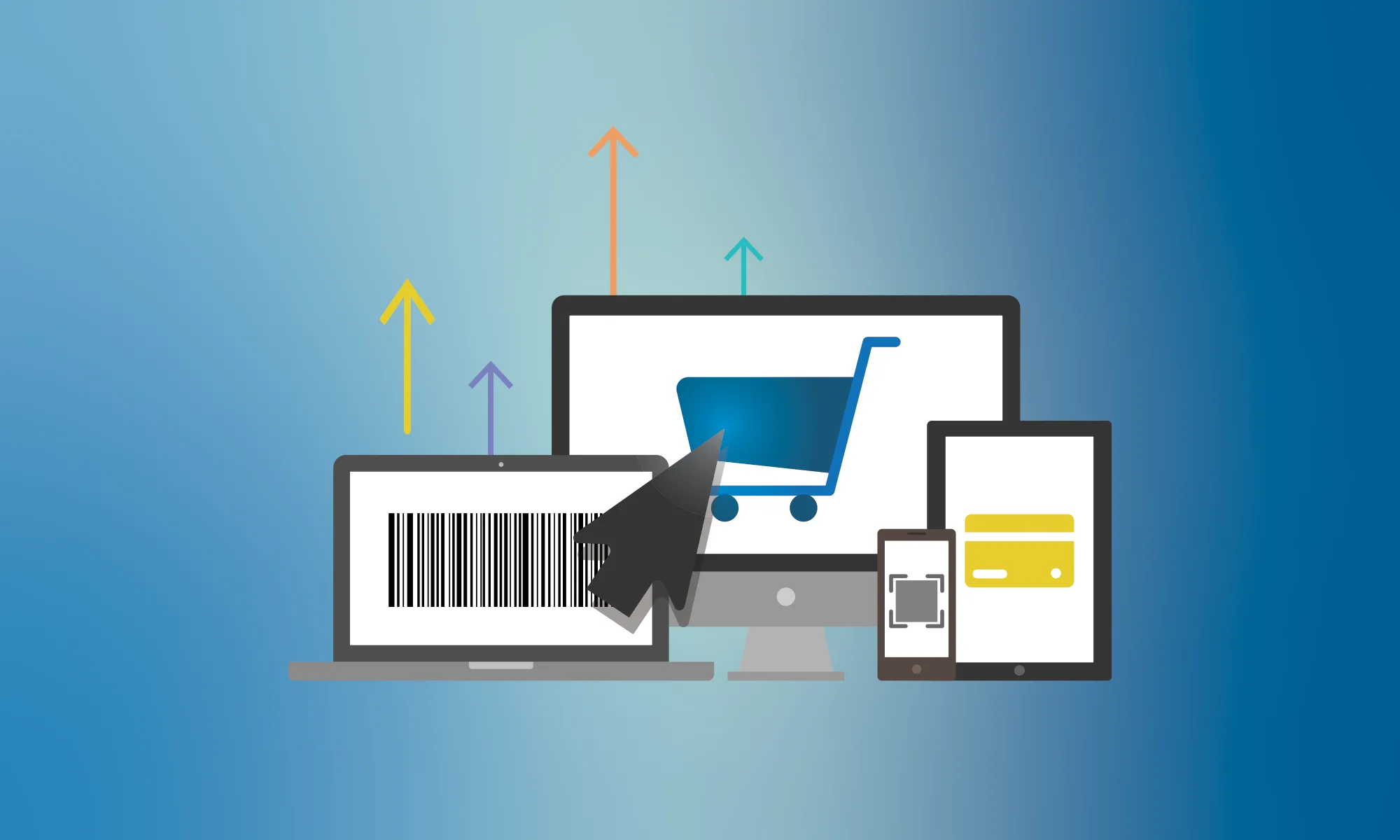Need more detail? 👉Read our full summary.
The ViDA proposal was published today (8 Dec 2022), in three pieces of EU legislation: VAT Directive (2006/112/EC), Council Implementing Regulation (EU 282/2011) and the Council Regulation on Administrative Cooperation (EU 904/2010).
Who should be prepared?
- Digital Platforms and Marketplaces (especially passenger transportation and accommodation) whether or not they have a registered presence in the EU
- All businesses performing intra-Community transactions
1st Pillar: VAT reporting obligations and e-invoicing
- New VIES system for transmission of information between Member States (MS)
- EU-wide reporting mandate for intra-community B2B supplies and MS which already have an existing Digital Reporting Requirements (DRR) in place for such transactions will have to adapt them by 2028
- Elimination of recapitulative statements (aka European Sales Listings)
- New definition for e-invoice (it must be structured, no PDFs) and issuance of e-invoices as a default (other than paper)
- Removal of “Buyer Acceptance” for e-invoicing (MS don’t need a derogation to introduce e-invoicing)
- New two day deadline for the issuance and transmission of e-invoices
- Elimination of the possibility to issue summary invoices
2nd Pillar: VAT treatment of the platform economy
- The ViDA proposal makes Digital Platforms and Marketplaces accountable for the VAT due, in cases where the supplier would not be required to do so, as they are a small business or individual provider
3rd Pillar: Single VAT registration in the EU
- Extended scope of the One Stop Shop (OSS) and the Import One Stop Shop (IOSS)
- OSS rules are extended for the reporting of transfer of own goods by e-commerce sellers prior to the B2C e-commerce sale (B2B2C transactions)
- IOSS will be mandated for Marketplaces and sellers in order to combat fraud and errors
- The €150 consignment threshold for imported B2C sales is not raised or abolished
- Single VAT Registration (SVR) will enable businesses to manage their entire EU VAT obligation through their domestic Tax Administration's online portal
What’s next?
- The implementation of the changes on the MS level is only expected between 2023-2028
- Businesses have to be prepared to comply with the new DRR, e-invoicing and platform economy rules, which will likely require significant IT investments
How can Fonoa help?
Fonoa is a global tax automation and compliance solution that helps companies streamline the entire transactional chain so they can scale in a digital, borderless economy. Automate tax determination, minimize risk, and easily handle local tax compliance from one platform, which includes these key products: Lookup, Tax, Invoicing, Reporting, and Data Sharing.
Get in touch with us!

















